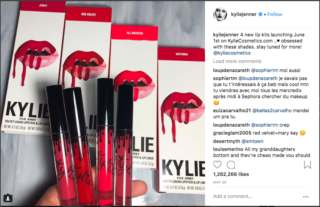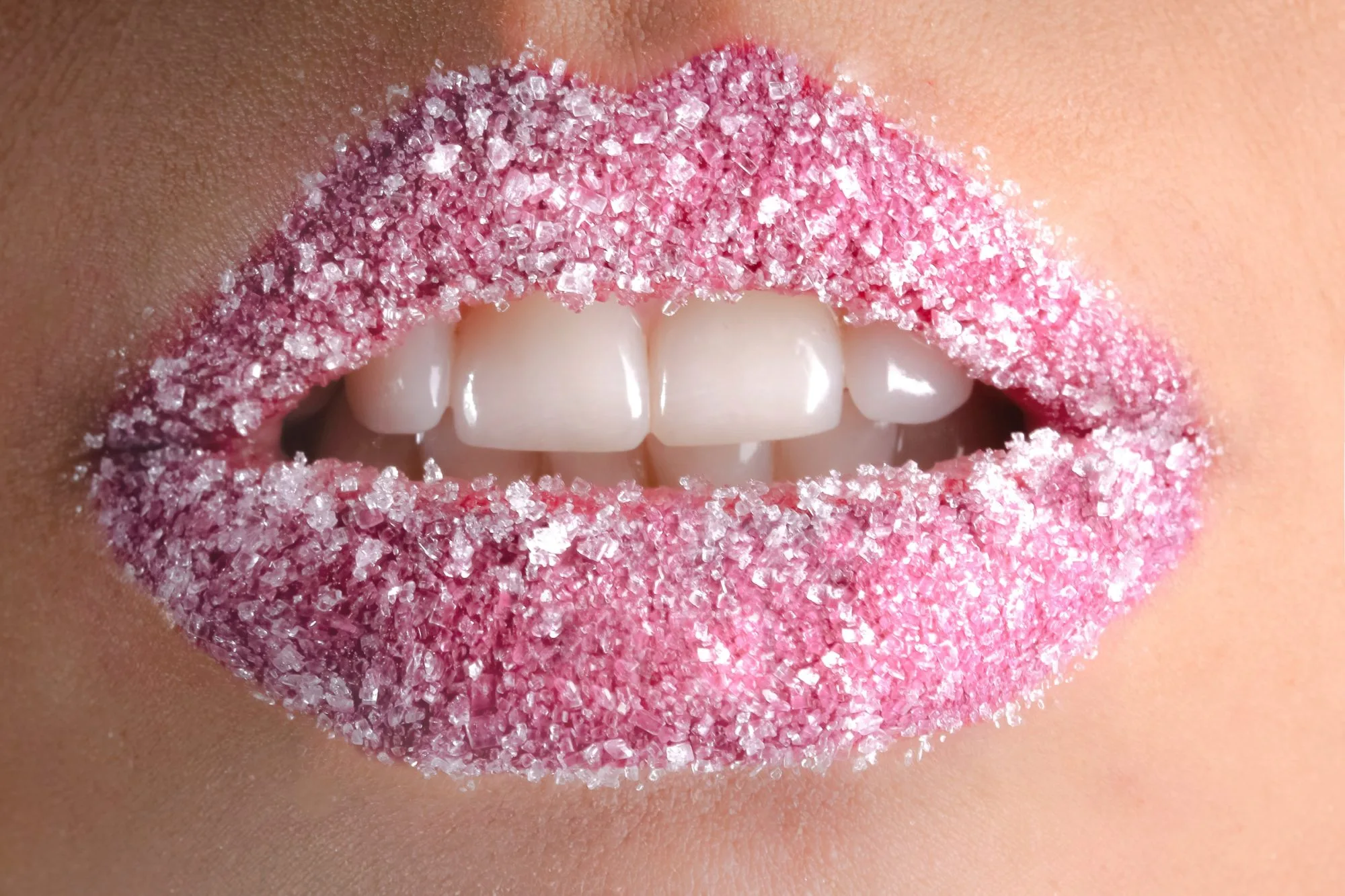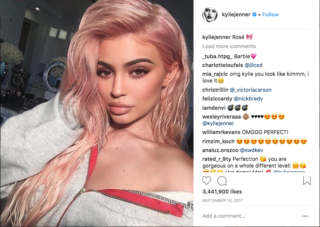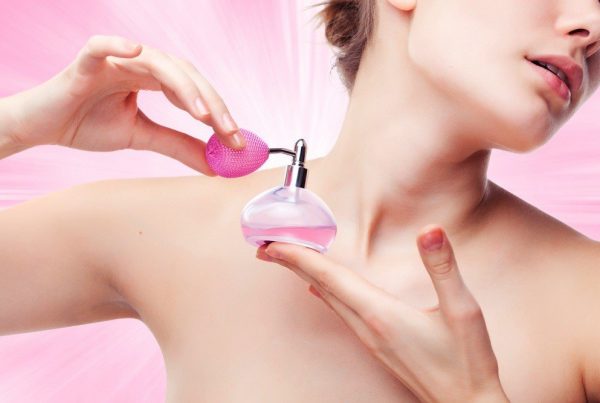Kylie Jenner hails from reality-TV royalty, being the youngest sister of the Kardashian-Jenner clan. Aside from the recent fact that she’s about to become the
youngest billionaire in the world, young Jenner recently revealed on her Instagram page that she had her lip fillers removed. The same lip fillers that coincidentally helped catapult her multimillion-dollar makeup brand.
Aside from helping to generate success for her lip kit, Kylie admitted that the reason she originally got the lip fillers (at the age of 17) was due to the insecurity she had about her small lips. As much as she tried, the use of lip liners could never achieve the effect she desired. So what exactly are lip fillers, and can they help provide you with a permanent inflated pout? Let’s find out.
What are lip fillers?
According to Dr. Anushka Reddy – a medical doctor, anti-aging and aesthetic treatment specialist as well as the owner of Medi-Sculpt (a group of treatment centers specializing in non-invasive and non-surgical cosmetic treatments and procedures), lip fillers – also known as dermal fillers or mesotherapy for lips – are the most common methods for lip augmentation.
“There are many types of dermal fillers on the market, but the best ones are the ones made of hyaluronic acid, a substance found naturally in the body,” she explains. As hyaluronic acid is naturally produced by the body, it helps to support and shape the tissues of the lips, adding temporary volume and definition. With the recent dangers associated with body augmentation (be sure to read our story on the health risks of breast implants here), it would be understandable if one had concerns about augmenting their lips.
What are the risks?
However, Dr. Reddy assures that although the procedure is an aesthetic treatment and there is always a risk, you can ensure the safety of the procedure by following appropriate steps. “It’s incredibly important to only book an appointment with a certified, reputable cosmetic doctor and not ever be tempted to have your lip fillers at a spa or a beauty salon” she advises. Highlighting the dangers of trusting a beautician over a trained cosmetic doctor, she says, “A beautician hasn’t had the training that a cosmetic doctor has and they are most definitely not able to prescribe medication or treatment if something were to go wrong. Ask your doctor for his / her certifications and request to see before and after procedures of their previous patients. Moreover, if you’re unhappy with the results, your doctor is able to dissolve the HA instantly with another injection.”
 If you’re looking to get lip fillers yet you’re worried about the pain (or you suffer from trypanophobia), Dr. Reddy warns that the procedure can be uncomfortable, especially considering the fact that one is injecting sensitive areas. However, it is important to note that some fillers may contain anesthetic. That said, doctors do attempt to ease discomfort by using topical creams as well as Vibrata- a tactile stimulus that prohibits the feeling of pain during injections.
If you’re looking to get lip fillers yet you’re worried about the pain (or you suffer from trypanophobia), Dr. Reddy warns that the procedure can be uncomfortable, especially considering the fact that one is injecting sensitive areas. However, it is important to note that some fillers may contain anesthetic. That said, doctors do attempt to ease discomfort by using topical creams as well as Vibrata- a tactile stimulus that prohibits the feeling of pain during injections.
After the injection?
Following the injection, swelling is likely to occur, but it varies from patient to patient. Nonetheless, the swelling is sure to settle after around 24 hours. This is when you’ll be able to properly see the final results. In regards to the effect, if done right, the fillers will add shape, structure, and volume to your lips. There also might be some slight bruising after the procedure that will usually last up to a week. Any other side effects are quite rare. That said, there can be between a 1- 3 % allergic reaction with collagen skin treatments. Nonetheless, it is scarce with hyaluronic acid fillers.
If you’re worried about waking up with exaggerated “duck lips”, Dr. Reddy assures that if your lip injections are done properly, the fillers shouldn’t look or feel any different from natural lips. “An experienced cosmetic doctor will know exactly how much filler is needed to achieve the desired look and still look natural. The secret to achieving a natural look for patients with very thin lips is building layers in stages and top up only when necessary.”
How long do fillers usually last? 
Your new fillers should last on average for about 4 to 6 months. Following this period, you can choose to top up to maintain your desired look. You can also choose to have them dissolved and go back to your natural lips, per Kylie Jenner.
Getting your lip fillers
Dr. Reddy recommends Belotero. “They can improve the appearance of your lips by adding shape, structure, and volume. They integrate smoothly into your skin that they feel completely natural, just like your own tissue. Plus, these fillers contain the local anesthetic lidocaine, to enhance your treatment comfort, especially in more sensitive areas.”
For those who consider getting lip fillers, ensure that you educate yourself on the risks involved. “The most important thing to remember is that you should only book an appointment with a reputable and experienced cosmetic doctor. Do your research before you go in for a consultation to avoid lumps, infections, or scarring,” Dr. Reddy explains.




![women [longevity live]](https://longevitylive.com/wp-content/uploads/2020/01/photo-of-women-walking-down-the-street-1116984-100x100.jpg)










